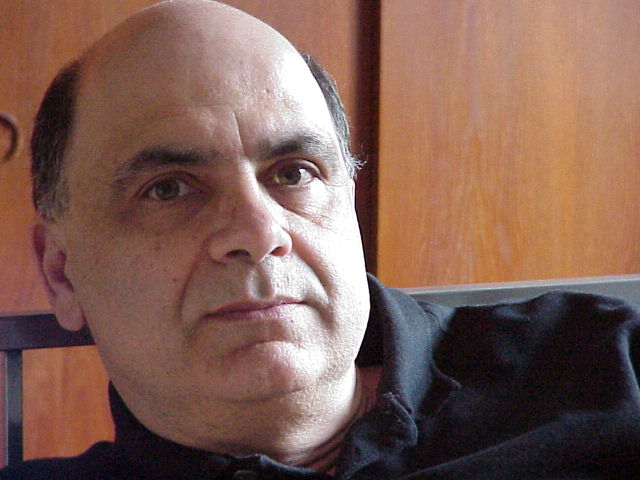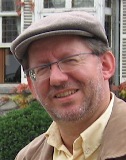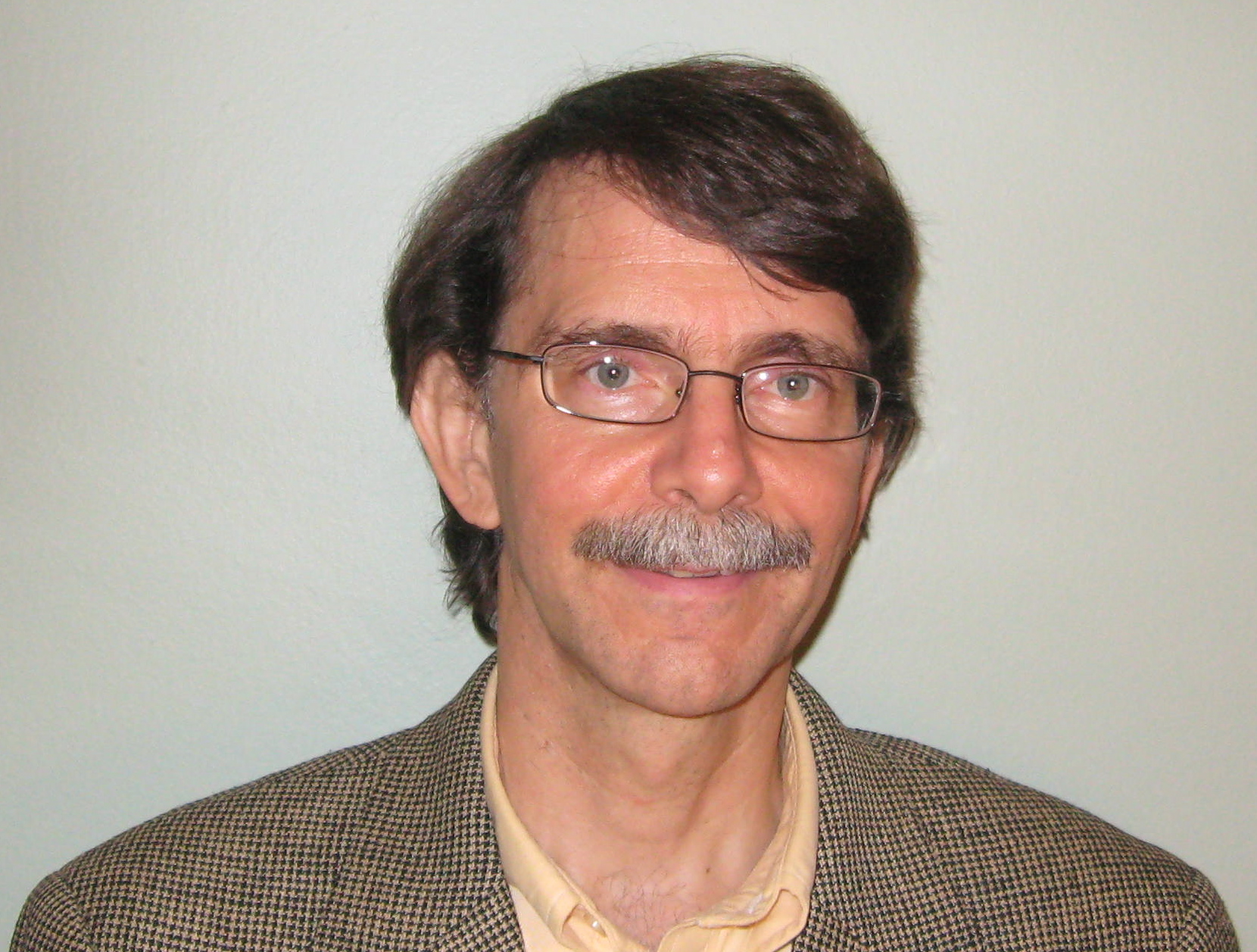Luminaries

Ivan da Costa Marques
(Federal University of Rio de Janeiro, Brazil)Talk title: Ontological Politics and Latin American Local Knowledges
Abstract: Reliable knowledge today is strongly identified with technoscientific knowledge. The overwhelming majority of technoscientific facts and artifacts, however, are produced in the North and arrive in their stable forms (as ready entities or objects) in Latin America, where they enjoy the attributes of universality and neutrality (in spite of the results in Science and Technology Studies in the last three decades). It is then plausible to say that modern technosciences from the West provide a "rational cage" that confines the space available for Latin Americans to search for solutions of their practical problems, since it would make no sense to do spaces, times, subjects and objects that disagree with universal and neutral knowledge -- challenging entities would be "simply wrong." Technosciences not only describe but also create the reality they describe -- modern nation-states support technosciences as the sole agents that tell how the world really is. However, technosciences are not capable of carrying on a dialogue except if this dialogue happens in their own terms. In order to disagree with Western technosciences the "others" need a laboratory or, better said, a counter-laboratory which Latin Americans usually lack the resources to build. The simple albeit convincing argument can be made that, historically compared with other "dominants," the West has been singular in successfully mobilizing its own metaphysics to colonize the planet. If we borrow John Law's terms, "Euro-American metaphysics" came to be by far the dominant and sole basis for establishing reliable knowledge for agreement among nations in planetary scales. This talk will try to develop lines of flight from the Euro-American metaphysics. I propose to value dialogical and symmetrical approaches to take the "right to difference" seriously, conferring respectability on the multiplicity of versions of the real. This is certainly a risky quest. Indeed, the knowledges and practices of "the other" (Latin American) are here translated into the terms of "the one" (Western). I will present two cases, of very different kinds that throw light on issues that may arise when local and situated Brazilian knowledges and situations are configured in Euro-American frames of reference and juxtaposed with modern, global and universal knowledges. The first case, which I will deal with succinctly, involves Jeca Tatu, a popular character in Brazilian literature. He exemplifies how both a configuration of the local and its contraposition can reinforce the dominant Western frame of reference. The second case which I shall deal with in a more detailed fashion, shows three versions of reality that appear when describing a widely spread child nutritional program called Multimixture. It will tell us about a local (form of) knowledge that has so far resisted the global and indicate a line of flight from the global frame of reference towards a more dialogical space that affords it greater respectability.
Bio: Marques received his Ph.D. in electric engineering and computer science from the University of California, Berkeley, in 1973. From 1977 to 1980 he was the coordinator for computer industry policy at CAPRE, the Brazilian government agency in charge of defining rules for computer manufacturing in Brazil. From 1981 to mid-1986 he was the CEO and main shareholder of a small private computer manufacturer in Rio de Janeiro (EBC-Embracomp), and from July 1990 to July 1992 he was president and CEO of the Brazilian state-owned computer manufacturer (COBRA). In 1990 Marques returned to academia, this time in the social sciences. He is an associate professor at the Federal University of Rio de Janeiro and has published extensively in Portuguese and English, including many journal articles, edited volume chapters, and a book. He was twice elected vice president of the Brazilian Association of Historians of Science (2008–2012) and is the first president of the recently formed Brazilian Association for Social Studies of Science and Technology (2011–2013).

Julia Rodriguez (University of New Hampshire, USA)
Talk title: "Study the Skulls and Bones: Latin America as a Site of Inquiry into the Origins of Humanity"
Abstract: The emergence in the late nineteenth century of the discipline of anthropology coincided with a renewed interest and scientific approach to the land, peoples, and cultures of the Americas. Natural historians, classicists, archaeologists, and ethnologists turned to the nations and regions of the Americas, with their diversity, wealth in natural material, and centuries of collected local knowledge, as an area with the potential to revise old paradigms of civilizational descent. My talk will take a close look at key aspects of this founding moment in the field of Americanist anthropology, when scientists attempted to relive the age of exploration but improve on it with new tools. I will focus on one telling dimension of the Americanist enterprise, that of the study of the fossil record and human remains found in Argentina (a country which remains to this day a rich site of prehistoric and premodern artifacts). In telling this story, I highlight some of the multidirectional transnational exchanges of scientific objects,methodologies, and assumptions between European and Argentine anthropologists. I also discuss the role of Latin American scientists, who while few in number and elite in perspective, brought real life understanding of the region and a different set of priorities and questions to the debate over human origins and civilization.
Bio: Rodriguez is associate professor of history at the University of New Hampshire and, for 2011–12, is the Peggy Rockefeller Visiting Scholar at Harvard University’s David Rockefeller Center for Latin American Studies. She received her Ph.D. in history from Columbia University, where she specialized in Latin American history and the history of science and medicine. Rodriguez is the author of Civilizing Argentina: Science, Medicine, and the Modern State (2006), and has published articles in the American Historical Review, Science in Context, and the Hispanic American Historical Review. She is also editor of the open-source teaching website History of Science in Latin America and the Caribbean (www.hoslac.org). A National Science Foundation CAREER Awardee, Rodriguez has also received fellowships from the American Council of Learned Societies and the American Association for the History of Medicine. She is currently researching the intersection of science and law in Latin America and the Caribbean.

Dominique Vinck (University of Lausanne, Switzerland)
Talk title: Adaptation and Local Innovation: Connecting Innovation Concepts to Science and Technology Policies
Abstract: Remembering some of the lessons we received from the sociology of innovation, sociology of work and organization, and anthropology of knowledge, this talk will summarize the main ideas to have in mind for the study and creation of innovation policy, especially in developing countries. The talk will use examples to show processes of deconstruction, adaptation and reinvention, and the learning processes associated with them. It will also situate science and technology policy in developing countries in a global context and explore how to connect local innovation, adaptation and policy making in interesting ways to science and technology studies.
Bio: Vinck is professor in sociology and STS at the University of Lausanne, a member of the Institute for Social Sciences (Lausanne), and an affiliate of the University of the Andes (Bogotá). His research concerns the sociology of sciences and innovation, among others, in the field of micro- and nanotechnology. He is president of the Société d’Anthropologie des Connaissances and director of the Revue d’Anthropologie des Connaissances. He published Everyday Engineering: An Ethnography of Design and Innovation (2003) and, with Noela Invernizzi, edited a special issue in REDES in 2009 (on nanoscience and nanotechnology in Latin America).

David Hess (Vanderbilt University, USA)
Talk title: "The New Developmentalism: Brazil, the U.S., and Green Transitions"
Abstract: The examples of trade tensions between the U.S. and Brazil over ethanol and the U.S. and China over solar energy are used to open a broad discussion of the problems that ongoing trade liberalization has posed to the U.S. with respect to rising industrial powers. I argue that we are seeing a shift in economic policies from neoliberalism toward developmentalist liberalism. Developmentalist liberalism is a mainstream ideology in the sense that it assumes a liberalized global economy with large corporations as the fundamental unit. Just as social liberalism opposed neoliberalism, so a localist countermovement has emerged to contest the new developmentalistm. In Brazil, the new developmentalism is theorized in an emergent economic school that focuses on the proper combination of trade and industrial policy, whereas in the U.S. the change is seen in emerging criticisms of trade theory and the growth of regional innovation studies. Although the economic sciences and policy practices associated with the new developmentalism accept the premise of the benefits of trade, they also suggest a much more pragmatic and opportunistic approach to trade that focuses on maximizing local benefit. Furthermore, because the new developmentalism occurs within the context of an already industrialized economy, the primary problem is not the development of industrial manufacturing but the shift from one type of industry to another (a topic that is studied in a branch of the STS literature known as transition studies). When a government attempts to transition from one established industry to another (such as fossil fuels to green energy), embedded autonomy is no longer a sufficient precondition for a successful development strategy. Instead, the state must contend with opposition from the industry undergoing sunsetting, and a successful transition requires the mobilization of coalitions of countervailing industrial and civil society power.
Bio: Hess is a professor of sociology at Vanderbilt University and member of the Vanderbilt Institute for Energy and Environment. Before that he was a professor in Rensselaer's Department of Science and Technology Studies and director of the program in Ecological Economics, Values, and Policy. He is the recipient of the Robert K. Merton Prize, the Diana Forsythe Prize, the William H. Wiley Distinguished Faculty Award, and the General Anthropology Division Prize for Exemplary Cross-Field Scholarship. He has has been a Fulbright scholar and the PI and Co-PI on grants from the National Science Foundation, National Institutes of Health, and FIPSE. His research focuses on the social studies and policy studies of science, technology, health, and the environment, with an emphasis on the role of civil society, social movements, and public engagement in policy. Hess's publications include Localist Movements in a Global Economy (2009), Alternative Pathways in Science and Industry (2007), Science Studies: An Advanced Introduction to STS Theory (1997), Science and Technology in a Multicultural World (1995), The Brazilian Puzzle: A Comparative Perspective in Brazilian studies (1995), and Spirits and Scientists (1991).
